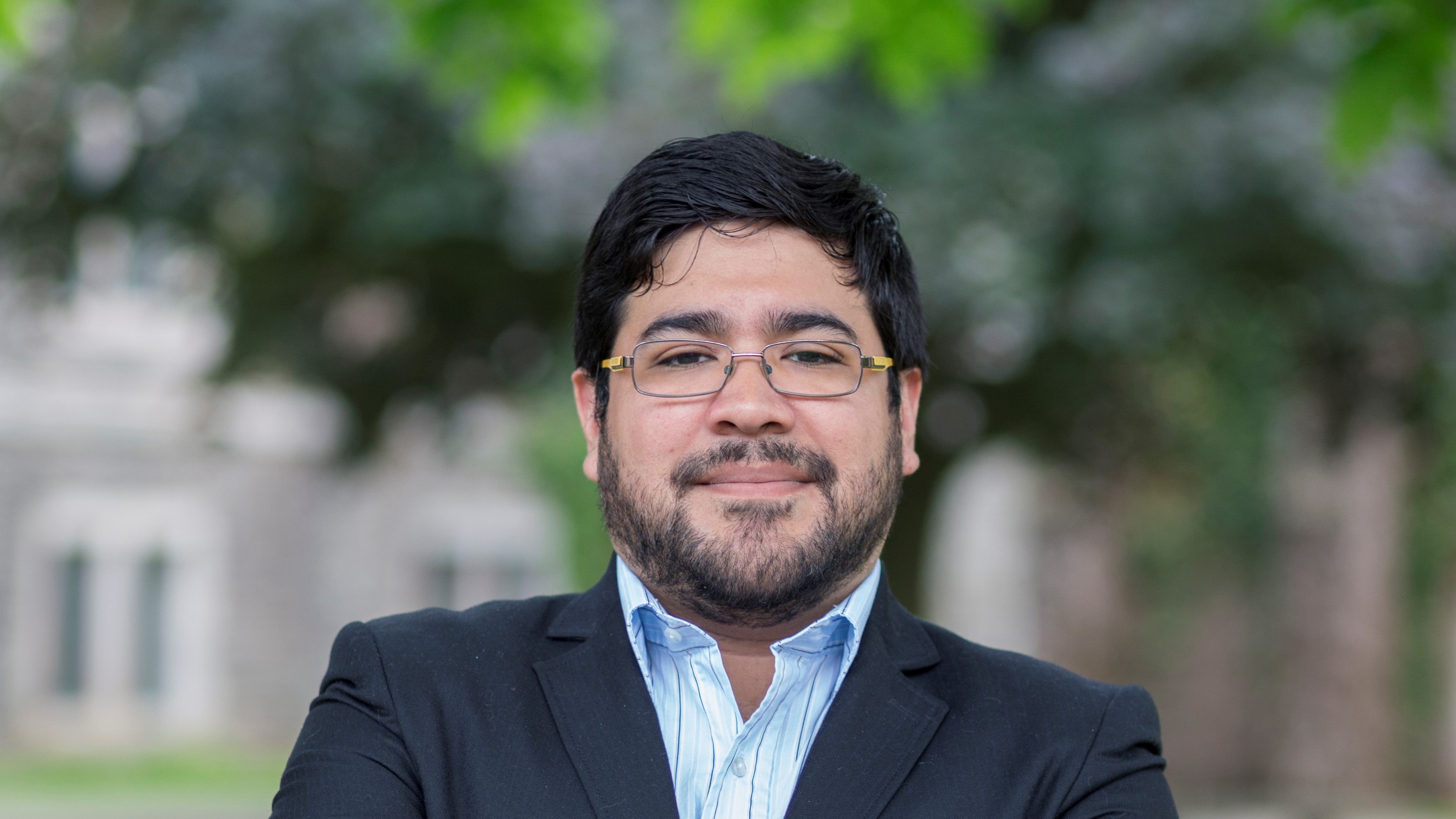Meet New Faculty Member Jorge Sanchez-Perez
29 August 2023

Dr. Jorge Sanchez-Perez
Jorge Sanchez-Perez joined the Department of Philosophy as an Assistant Professor in 2022. We caught up with him and asked him about his work and interests.
What inspired you to enter this field?
When I was finishing my law school studies, I had trouble figuring out the nature of human rights. I asked a professor, who told me that my concern was of a philosophical nature, not of a legal nature. Therefore, he said, I should not worry much about it. After that, I rushed to finish my legal studies. After a couple of months, I had already started my first postgraduate degree in philosophy, taking night classes while working as a lawyer in the mornings. Once I started, I realized I needed more tools to figure out the answers I sought. It was then that I decided to focus on philosophy full-time. After a couple of master degrees, a PhD, and travelling around the world, I am still looking for those answers. But luckily, I think I am now better suited to pose the right questions.
What can you tell us about your professional background and what have you enjoyed most about your career so far?
I started as a human rights lawyer back in Peru. As a lawyer, I worked for some governmental institutions and NGOs. During that time, I was able to accumulate direct experience on issues such as injustice, non-Western perspectives on life and knowledge, and how legal systems play different roles, sometimes not fair ones, in social life. All these things led me to consider that deeper reflection was needed to understand how things are and how they are presented to us. Now, as a professor, my job is to try to figure these things out to the best of my capacities, and what I enjoy the most is sharing with my students these new insights that I, every now and then, get to experience. So, I would say that engaging in meaningful conversations with colleagues and students alike is what I enjoy the most.
What can you tell us about your research?
My research has four different yet interconnected branches. The first branch is Epistemology and Social Epistemology, that is, questions about knowledge in general. This leads me to the second branch, Indigenous philosophy. I am deeply interested in understanding different approaches to knowledge. I am especially interested in engaging with approaches beyond the Western paradigm, which is the one I was trained on. Once we get a good grasp of different forms of Indigenous knowledge, it will become clearer that things like moral knowledge, moral reasoning, and possibilities for social organization can look different from how they currently look. After that, and this is the third branch of my research, we can approach questions about legal and political philosophy in, perhaps, better-informed ways. Finally, the last branch of my research is Latin American philosophy. Regarding this last one, I am always interested in understanding how new subfields emerge and what concerns are at their core. So, given my cultural connections to Latin America, Latin American philosophy presents me with an opportunity to reflect on my lived experiences and reflect on what it means to do philosophy to understand your own world. Furthermore, it allows me to consider all those questions and issues in connection to other subfields, such as Indigenous philosophy.
What’s your personal teaching philosophy?
My personal teaching philosophy is that we should strive to understand that we live in a world where people from all over have been thinking in philosophical terms for thousands of years. So, I always want to give my students a broad enough perspective that prevents them from thinking that the only ones that have done philosophy were Plato and Kant. In other words, I want my students to come out of class realizing that they do not have to be either European or of European descent to have meaningful ideas. I want my teaching to reflect the idea that every single group from the human family has already been and can continue to be part of this conversation we call philosophy.
What are your interests/hobbies outside of work?
Well, I have a baby and two cats, so even though I have always loved to play video games, my current hobbies include going to the park to play on the swings and to prevent the baby from pulling the cats' tails. The cats are very nice to the baby, but teaching the baby how to respect boundaries is sometimes harder than trying to figure out the nature of human rights. So my hobbies at the moment are living life with my family, laughing most of the day, and perhaps playing some minutes of a video game before going to bed.